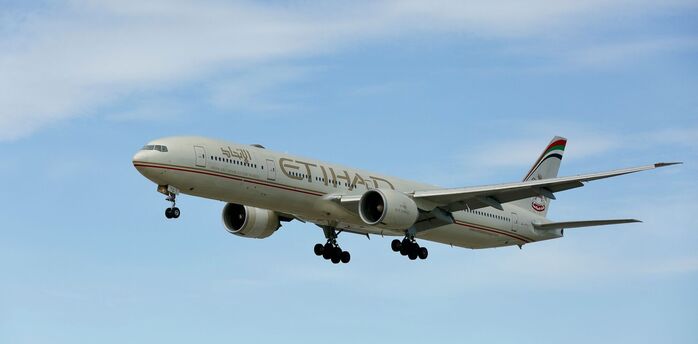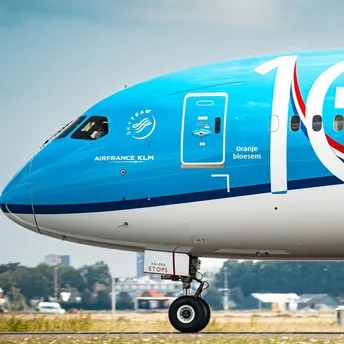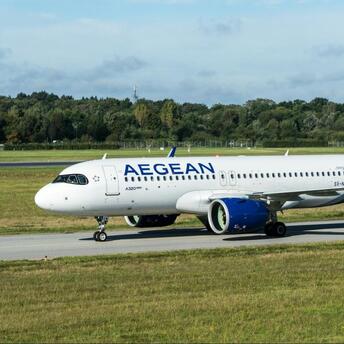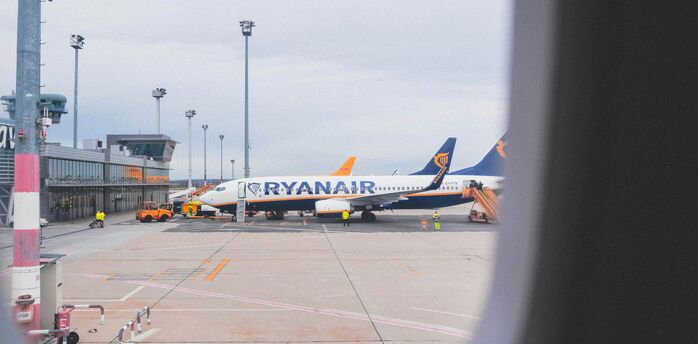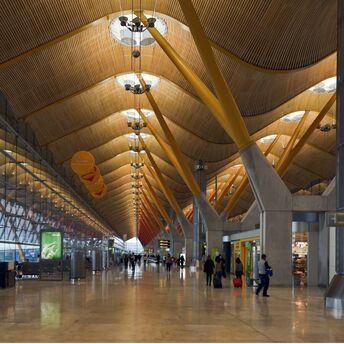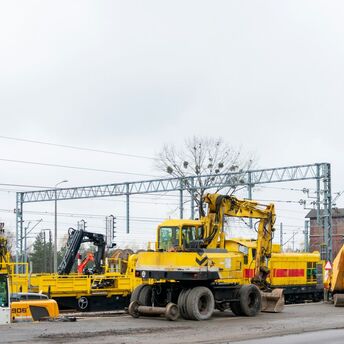Argentina's Air Travel Workers Strike Disrupts Hundreds of Flights

In a significant escalation of social unrest in Argentina, a 24-hour strike by unionized air travel workers has led to the cancellation of hundreds of flights and the rescheduling of dozens more. This industrial action is a protest against inadequate wage offers amidst soaring inflation rates, affecting nearly 24,000 passengers and costing the state-owned Aerolíneas Argentinas an estimated $2 million.
The strike, which took place on Wednesday, saw a massive operational disruption across the country, with most of Argentina's more than 50 airports remaining open but largely inactive. The Ezeiza International Airport in Buenos Aires, the nation's largest, was notably affected, with only Flybondi and American Airlines managing to operate.
This nationwide protest was sparked by the Argentine government's proposal of a 12% pay increase, which was promptly rejected by the Association of Aeronautical Personnel, the Argentinian Association of Airline Pilots, and the Union of Senior and Professional of Aero Commercial Companies. These unions have criticized the government for the breakdown in salary negotiations, demanding more substantial adjustments to wages in response to the country's economic challenges.
Argentina is currently grappling with rampant inflation, further exacerbated by a 50% devaluation of the local currency and the removal of subsidies for public transportation and essential services like electricity. Official figures indicate an almost 46% increase in the cost of living over December and January alone, placing significant financial strain on workers across various sectors.
This strike underlines the broader context of economic instability in Argentina, with air travel workers among the latest to voice their discontent. As the country faces ongoing inflationary pressures, the government's ability to negotiate and address these economic grievances remains critical to preventing further disruptions in essential services like air travel.


